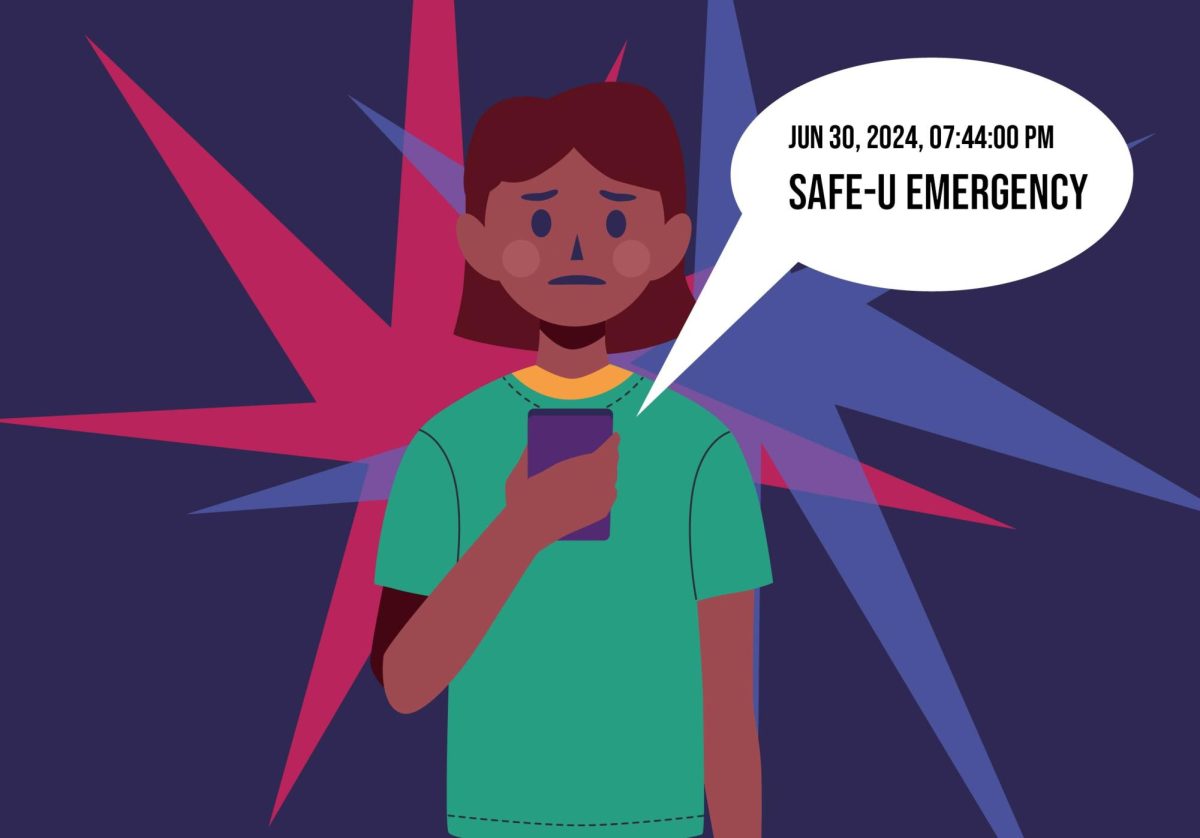University of Minnesota researchers are raising discussions around how to navigate the frigid temperatures safely while under the influence of alcohol as the first day of winter approaches on Dec. 21.
The Centers for Disease Control and Prevention (CDC) estimates about 140,000 alcohol-related deaths happen each year, and 30,000 of those deaths are car crash oriented.
In an area as cold as the Twin Cities, the concern for intoxication related incidents can range from accessibility to alcohol in terms of the distance one must walk to obtain it, slippery roads and sidewalks, and a lack of regard for the light rail.
Traci Toomey is a University professor who teaches within the Division of Epidemiology and Community Health. Toomey works on policy-related solutions for alcohol-related problems and said it is a common misconception that the primary safety concern in the winter should be a higher rate of vehicle crashes.
“You’re less likely to die in a traffic crash in Minnesota in the winter than in the summer,” Toomey said. “In general, people drive slower in the winter, so we crash more because of the ice, but we’re at lower speeds; we may be less likely to die in the traffic crash.”
Toomey said there are cases seen in the summer and spring across Minnesota or Wisconsin campuses in which people who drink too much are found in rivers.
However, winter brings other dangers. An example can be if someone passes out outside in cold temperatures and they could get hypothermia, which can be fatal, Toomey said.
In 2013, a student at The University of Minnesota-Duluth campus was found unconscious on her own porch after intoxication. It was reported three men picked her up and dropped her off at her house but left without seeing her enter her home.
Although she survived, her arms had to be surgically cut open to restart circulation. Authorities said her hands were swollen to three times the size of a normal person, and her friends told authorities she showed “no signs of drunkenness,” according to CBS Minnesota.
Toben Nelson, a professor in the Division of Epidemiology and Community Health, said alcohol has depressive effects on the body’s central nervous system, which influences an individual’s perception of “risky” situations.
“Alcohol affects our ability to perceive sensory inputs that are coming in,” Nelson said. “In colder weather, people aren’t getting an accurate assessment of how cold it truly is, along with what risk it may be to one’s health.”
Other implications of alcohol overconsumption
Amy Krentzman is an associate professor at the School of Social Work and conducts extensive research on alcohol addiction recovery in rural communities, highlighting how the large geographical expanse of an urban community provides infinite social activities and resources in one’s recovery journey.
Krentzman said city communities can make it easier for an individual experiencing alcohol addiction to get sober, whereas in rural spaces, it can be difficult to avoid old friends the individual used to engage with in drinking.
There is an abundance of recovery support groups in urban communities such as Alcoholics Anonymous, while in small towns, people can face worries about seeing people they already know which hinder the “anonymous” aspect, she said.
Krentzman associates the possibility to “reinvent” yourself with urban living, while in a rural area, it may be difficult to discard that reputation you formally established, making it difficult to “start fresh.”
According to the Mayo Clinic, the reduction of sunlight in the winter may lead to feelings of depression from reduced serotonin levels. Therefore, those experiencing alcohol addiction in the winter may require an increase of practices that enable mood boosting properties.
Krentzman developed a journaling practice influenced by research on positive psychology and behavioral action to help those in addiction recovery.
According to Krentzman, positive psychology says certain activities such as writing a gratitude list can uplift one’s mood, while behavioral action says if an individual plans their day in a balanced, goal-oriented manner, that will increase their productivity.
“The whole idea is that because of the effect of addiction on the brain, people in recovery have a harder time feeling positive emotion in response to everyday ordinary activities,” Krentzman said. “This is an exercise for helping them to boost positive emotion by teaching the brain to feel positive emotion in response to everyday, ordinary pleasures again.”
Underage drinking policy and enforcement
Toomey said she believes the most effective nationwide underage drinking policy is the set age limit for drinking at 21 years old. Toomey said on a campus level, enforcing the drinking age is the most important thing that can be done to help with dangerous incidents during any season.
Nelson said he believes the alcohol policy and drug abuse prevention committee has been serving the community well in terms of their work addressing policy across the University. He said this work enables fewer opportunities to partake in risky and excessive alcohol consumption on campus.
“I think Boynton Health Center does a phenomenal job of offering resources, both for assessing consequences of one’s own drinking, working with psychological services to work through some issues that folks have,” Nelson said. “I also think the gopher chauffeur is an important part of the puzzle, especially in the winter months.”






















